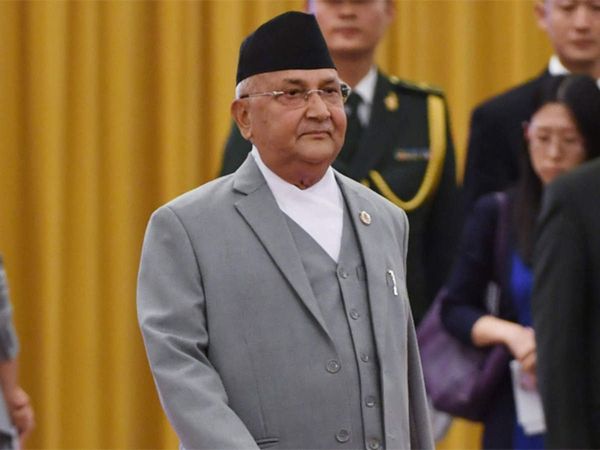
SOURCE: TIMES NOW
Wading into the ongoing tensions between India and China, Nepal on Saturday urged both its “friendly neighbours” to peacefully resolve their mutual differences. Nepal’s statement has come days after 20 Indian Army personnel lost their lives in a violent clash with Chinese troops in Ladakh’s Galwan Valley.
In a statement, Nepal’s Foreign Ministry referred to the face-off between Indian and Chinese armies and stressed that disputes between the two nations should be resolved peacefully through dialogue. The statement read, “Nepal maintains that disputes between the countries should be resolved through peaceful means. Nepal has always stood firmly for regional and world peace.”
“In the context of recent developments in the Galwan Valley area between out friendly neighbours India and China, Nepal is confident that both the neighbouring countries will resolve, in the spirit of good neighbourliness, their mutual differences through peaceful means in favour of bilateral, regional and world peace and stability,” it further read.
Earlier on June 15, the violent face-off broke out as a result of an attempt by the Chinese troops to unilaterally change the status quo during de-escalation in eastern Ladakh. Twenty Indian soldiers lost their lives in the clash. Indian intercepts have revealed that the Chinese side suffered 43 casualties including dead and seriously injured.
Nepal’s diplomatic statement on the India-China dispute has come amid the raging debate over Nepal’s newly amended citizenship rules for Indians. As per the new rule, any Indian girl marrying a Nepalese citizen will have to wait for seven years to get citizenship of Nepal.
The decision has been taken in the wake of the strained ties between India and Nepal ever since the latter altered its national map and included three disputed areas – Kalapani, Limpiyadhura and Lipulekh.
https://defencenewsofindia.com/differences-should-be-resolved-peacefully-nepal-wades-into-india-china-border-dispute/






